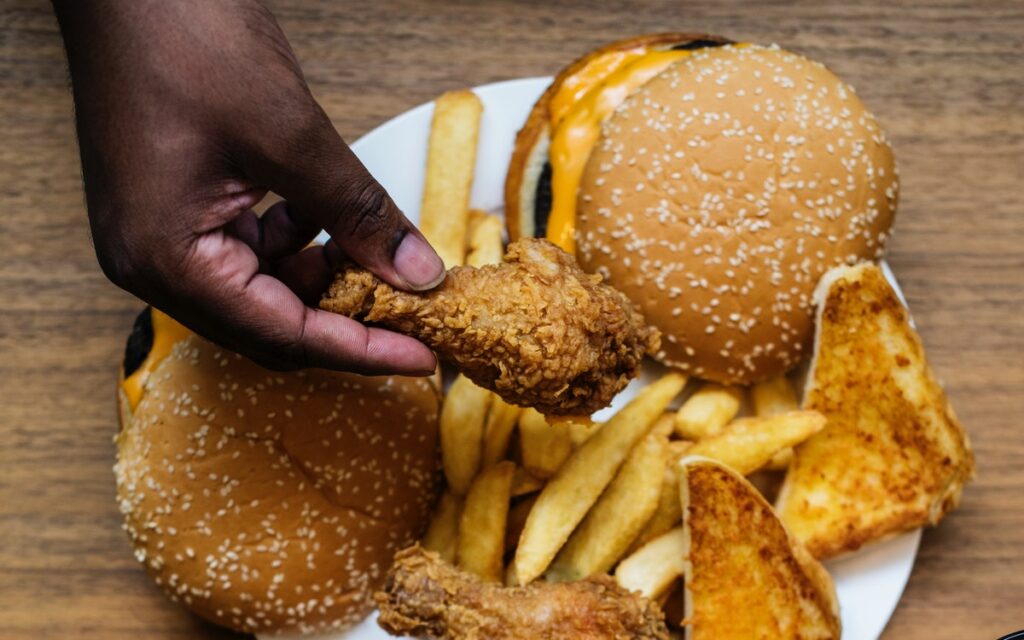
Almost every entrepreneur – at some point in their journey – considers going into franchising as a guaranteed route to attaining business success.
“Despite the sector having a higher success rate compared to its counterparts, franchising has its pros and cons and will not necessarily be suitable for every entrepreneur. Entrepreneurs who are considering or have decided to pursue franchising as a business opportunity should perform due diligence to avoid making costly mistakes,” says Morne Cronje, Head of Franchising at FNB Business.
For those looking to go into fast food Andre Beck, Sector Head: Fast Food and Restaurants at FNB Business says despite the significantly lower failure rate of fast food franchises compared to other businesses, there are important factors that entrepreneurs should consider to increase their chances of success.
Below, Cronje and Beck share important considerations and essential questions entrepreneurs should ask when investing in a food franchise.
Cronje shares key questions that entrepreneurs should ask themselves to determine if franchising suits their needs and business endeavours.
1. Is franchising right for me?
Acquiring a tried and tested system and business model is not for everyone. You should be comfortable operating in line with the business licence, rules, procedures, requirements and standards set out by the franchisor.
2. Which industry and brand would be ideal?
Almost every industry can be franchised, which can be an advantage should the entrepreneur have a certain preference. However, the challenge is finding a brand that is aligned to your core values as an entrepreneur.
3. Am I financially ready?
One of the biggest barriers to entry for franchisees is costs, especially if the brand is prominent. As part of the application for funding, franchisors require the entrepreneur to raise a significant portion of the franchise costs upfront.
4. Are existing franchisees satisfied?
Interview and determine if franchisees are satisfied and whether they are experiencing any challenges. This will give you a good indication if you are the right fit.
5. Does the franchisor approve?
The next step would be to approach the franchisor and inform them of your intention to join their network. You will be required to go through a vigorous vetting process to ensure that you are a suitable candidate. Every franchisor has its requirements.
This is also an opportunity for you to find out more about the business and the type of support you are likely to get from the franchisor.
6. Contractual agreement?
Should your application be successful you will be offered a contractual agreement. It is advisable that you thoroughly go through the agreement to ensure you fully understand what you are agreeing to. If unsure, seek advice from an expert.
7. How to get funding?
As the final step, you would have to approach the bank and apply for funding. Banks will consider several factors before the loan can be granted:
- Detailed franchise description and system.
- Business plan.
- FICA and personal balance sheet of all prospective shareholders and sureties.
- Contract and franchisor approval letter.
- Detailed description of all set-up costs and estimated cash flow forecast.
- Own contribution to purchase the franchise and collateral if required.
Funding requirements may differ depending on the type of franchise and whether it is a new setup, existing business being purchased or taken over from another bank.

Thinking of going into fast food?
Below are questions by Beck to ask before investing in a food franchise.
1. Is the brand widely recognised?
Competition for market share amongst fast food franchises remains high, with some brands outperforming others.
Well-known and established brands are more likely to guarantee success, with the only barrier to entry being premium franchise costs.
2. Is it a healthy brand?
Consumers have become conscious about adopting healthier lifestyles, and prefer to support outlets that promote healthy food choices in their stores.
3. Are the products affordable?
While food franchises often perform well in tough times, they also tend to experience a decline in sales as some consumers cut back on luxuries and eating out when disposable income is under pressure. As a result, entrepreneurs should consider the location of the franchise and whether their target audience will afford their products.
4. Can the business survive seasonal lows?
Some franchise brands experience seasonal lows and peaks, as certain periods of the year are busier than others, such as the festive season. The common challenge for entrepreneurs starting is ensuring that operations continue, despite potential cash flow hurdles during quiet periods.
5. Is there enough support from the franchisor?
Executing a franchise concept can be challenging without adequate support, guidance and mentorship from the franchisor. As part of the due diligence process, it would be worthwhile to establish what type of support the business would receive as part of the franchise agreement.











